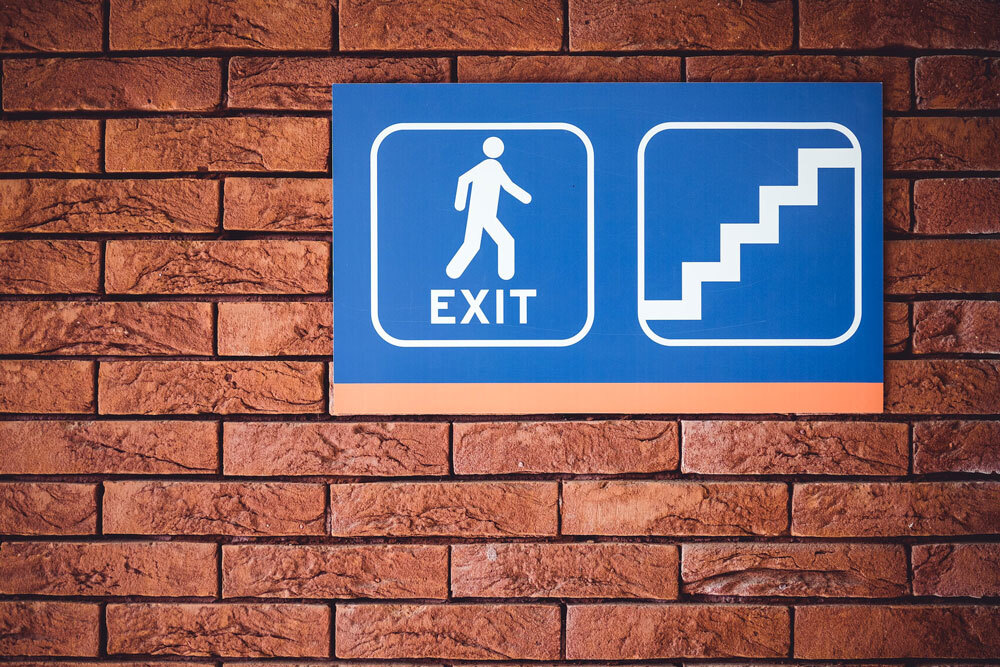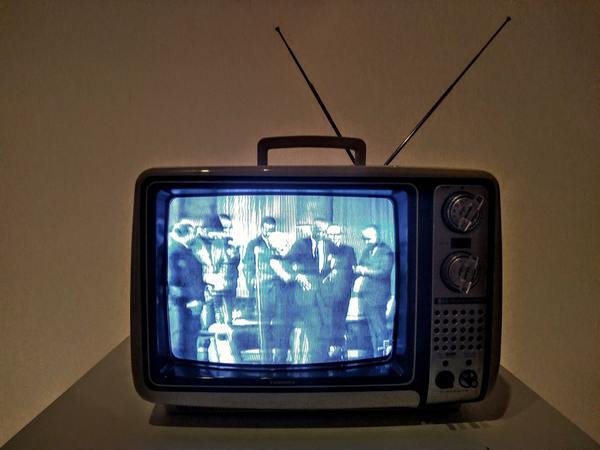
(Bernard Hermant/Unsplash)
Social media has dominated the way that we think about culture in so many ways for so long, and it’s in large part because the things we value as a society have been built around strategies that seem to encourage engagement at all costs.
As a society, this means that your attention is constantly being divided and broken up in unhealthy, unfocused ways. And that lack of focus, in the wrong hands, can feel absolutely overwhelming.
Right now, as highlighted by the pop-up newsletter that replaced MidRange for the past two weeks, we are in a transitional stage for social media, and honestly … if you want to step back, now is a great time to do so.
That’s not to say that you have to step back, or even that you should. But it is to say that, if you are finding the addictive behaviors that come with social media to be problematic, you have been given an excuse to step away to some degree by the current situation.
Social media is addictive. It is a constant draw of your time and attention, and too few of us actually have a healthy relationship with it. Some may even have it worse than others, in part because of the way that feedback loops drive instant gratification and scatter your focus.
There’s been research done on this point. A 2017 study conducted by researchers at the University of Pennsylvania found that people with attention-deficit/hyperactivity disorder, or ADHD, tend to reveal their nature on Twitter, as they tend to be the kind of people who post in the middle of the night, for example.
“People with ADHD are experiencing more mood swings and more negativity,” study co-author Lyle Ungar said. “They tend to have problems self-regulating.”
And that problem with self-regulation is often exploited by social media, which can put new things directly in front of your face whenever you want them. A social media network can capture the drifting mind and keep it enthralled for hours, especially if it helps drive engagement that rewards you for all those thoughts you’re putting out into the world for free.
Naturally, you may never truly be able to let go of a social network like Twitter. Perhaps you have professional reasons for being there. But you may be able to tamp down on some of its attention-dividing nature right now given the broken trust it has created with its community.
I’m not saying that this will singlehandedly end any problems you have with focus or division of mental energies, but it may be an important starting point for figuring out ways to keep things in balance. Maybe you might make your screen grayscale, or play brown noise in your ears.
But I think the big lesson right now is that social media brings in a lot of negative side effects and habits that we may not be well-equipped to manage. Now may be a good time to let these habits starve a little bit. After all, you’re not the one who just paid $44 billion dollars for it.
Time limit given ⏲: 30 minutes
Time left on clock ⏲: 1 minute, 8 seconds



